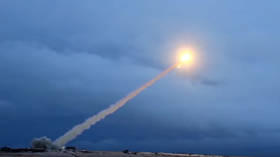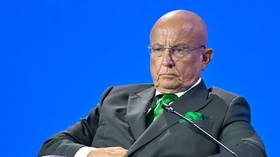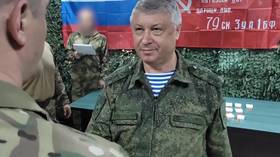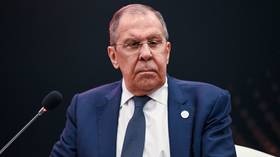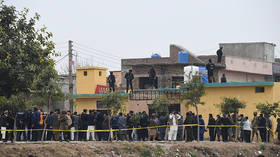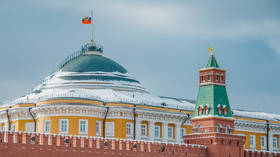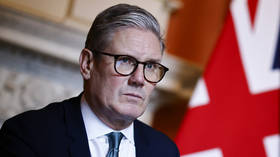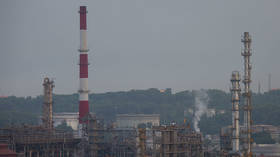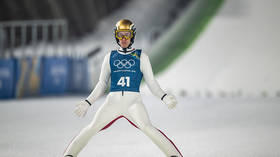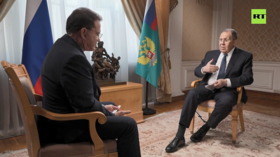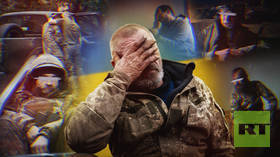Putin orders changes to Russia’s nuclear doctrine
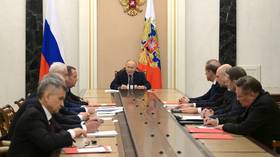
Russia should update its nuclear doctrine to clearly define circumstances that could prompt Moscow to launch a nuclear strike, President Vladimir Putin told a meeting of the national security council on Wednesday. He also suggested an expanded list of threats that would include “reliable information” of a major airstrike being launched against Russia.
The list of criteria that would justify Russia's use of its nuclear deterrent should be expanded in the updated version of the doctrine, Putin told the meeting.
“Aggression against Russia by any non-nuclear state… supported by a nuclear power should be treated as their joint attack,” the president said.
Moscow would also “consider” resorting to a nuclear response if it gets “reliable information” about a “massive” missile or air strike launched by another state against Russia, or its closest ally, Belarus, according to Putin. The weapons used in an enemy’s potential strike could include anything from ballistic or cruise missiles to strategic aircraft and drones, he stated.
“We reserve a right to use nuclear weapons in case of aggression against Russia and Belarus,” the Russian president said, adding that the principle had already been coordinated with Minsk. Nuclear weapons can be used if an enemy poses a “critical threat to either state’s sovereignty through the use of conventional weapons,” he explained.
Putin did not elaborate on when changes to Russia’s nuclear doctrine will take effect. Senior Russian officials, including Deputy Foreign Minister Sergey Ryabkov and Kremlin spokesman Dmitry Peskov have been discussing potential changes to the doctrine in recent months. In late August, Foreign Minister Sergey Lavrov said that the document was “being reviewed.”
The Russian leader has long demonstrated a rather reserved position on the issue of nuclear weapons. Back in June, he expressed hope that “it will never come” to a nuclear exchange between Moscow and the West.
Moscow “has no reasons to even think about” using nuclear weapons, he said at the time, speaking at the St Petersburg International Economic Forum. Later that month, the president also stated that Russia did not need to launch a pre-emptive nuclear strike, since “the enemy is guaranteed to be destroyed in a retaliatory strike.” He did not, however, rule out changes to the doctrine at the time.
